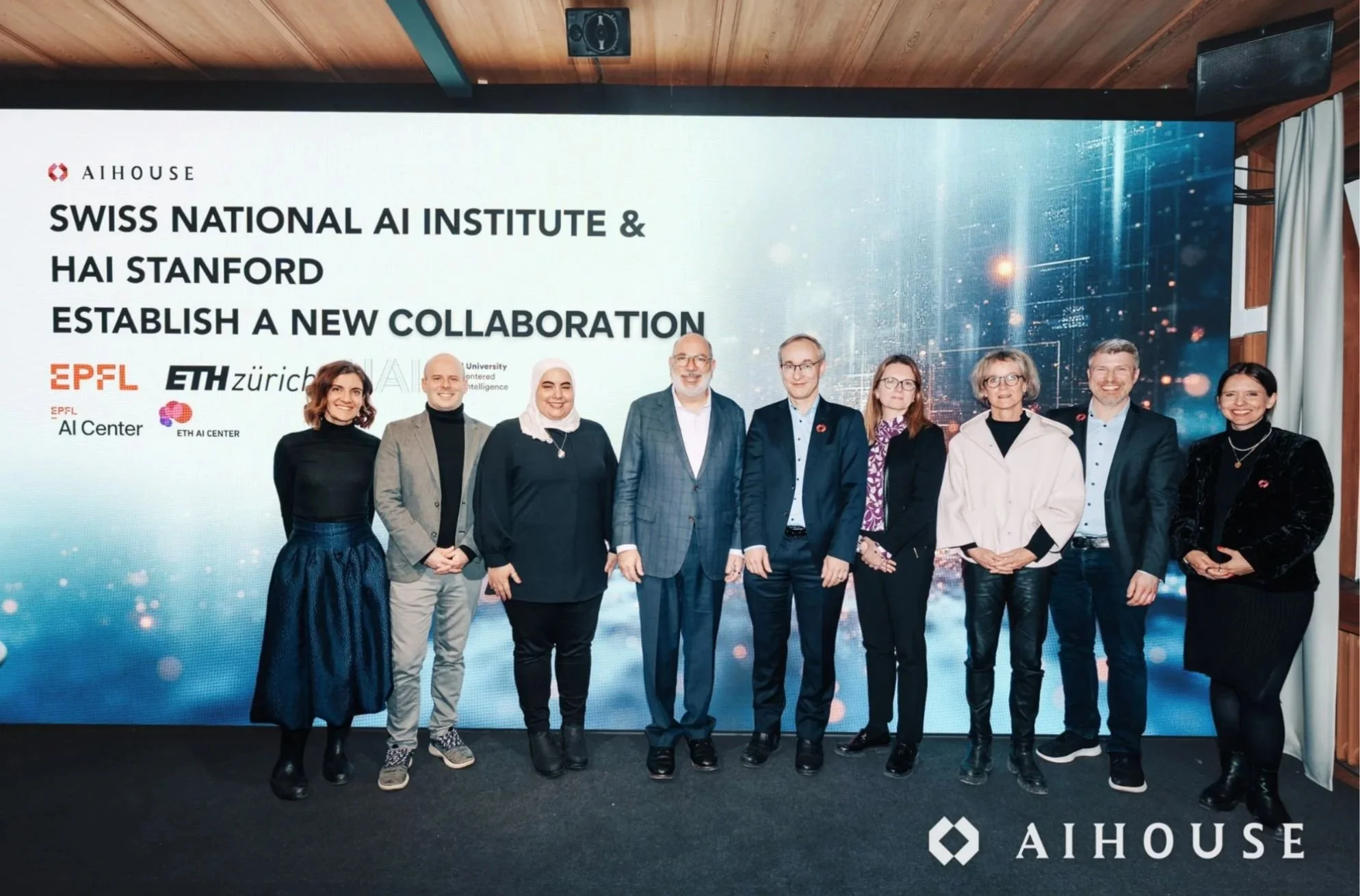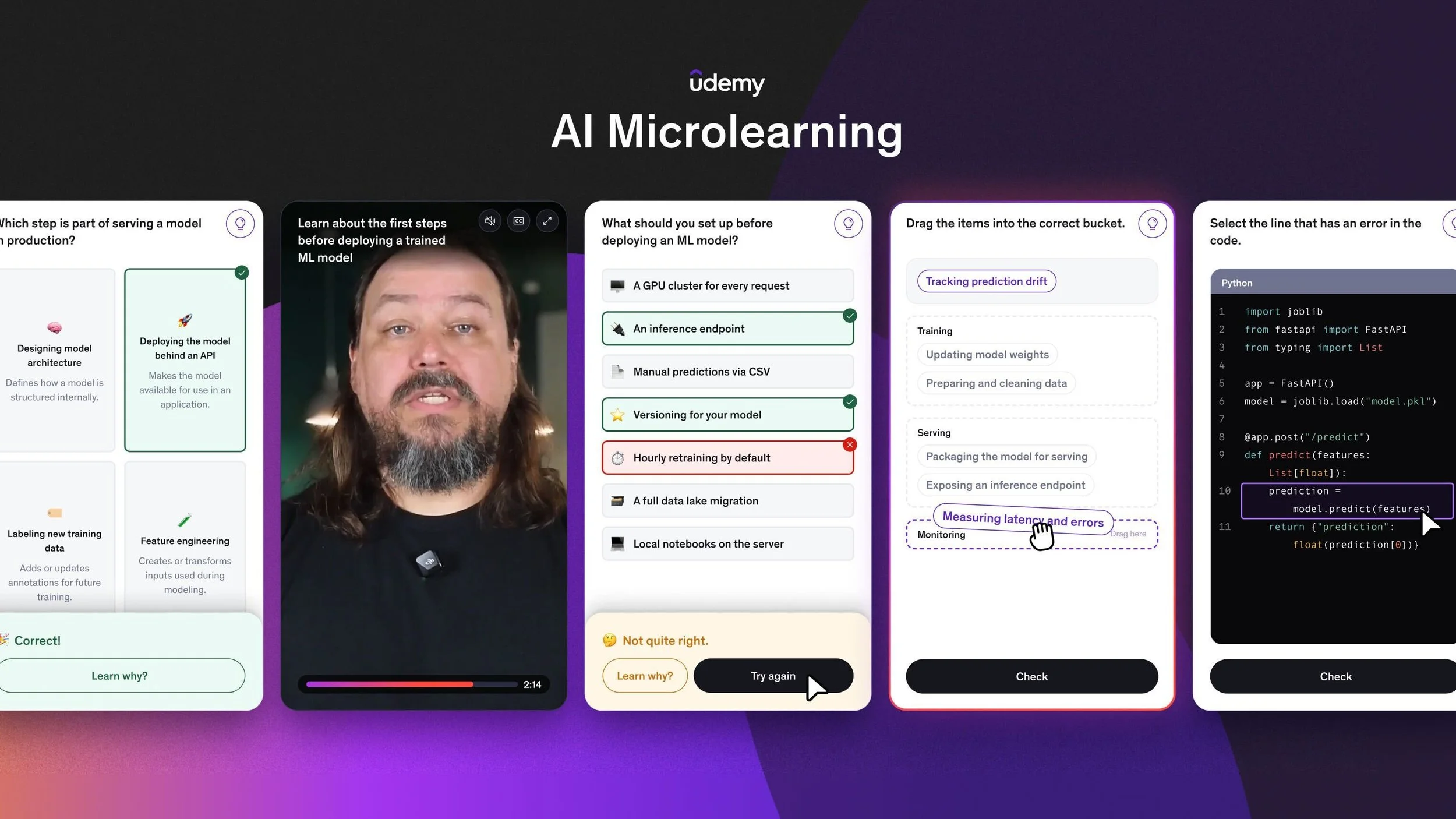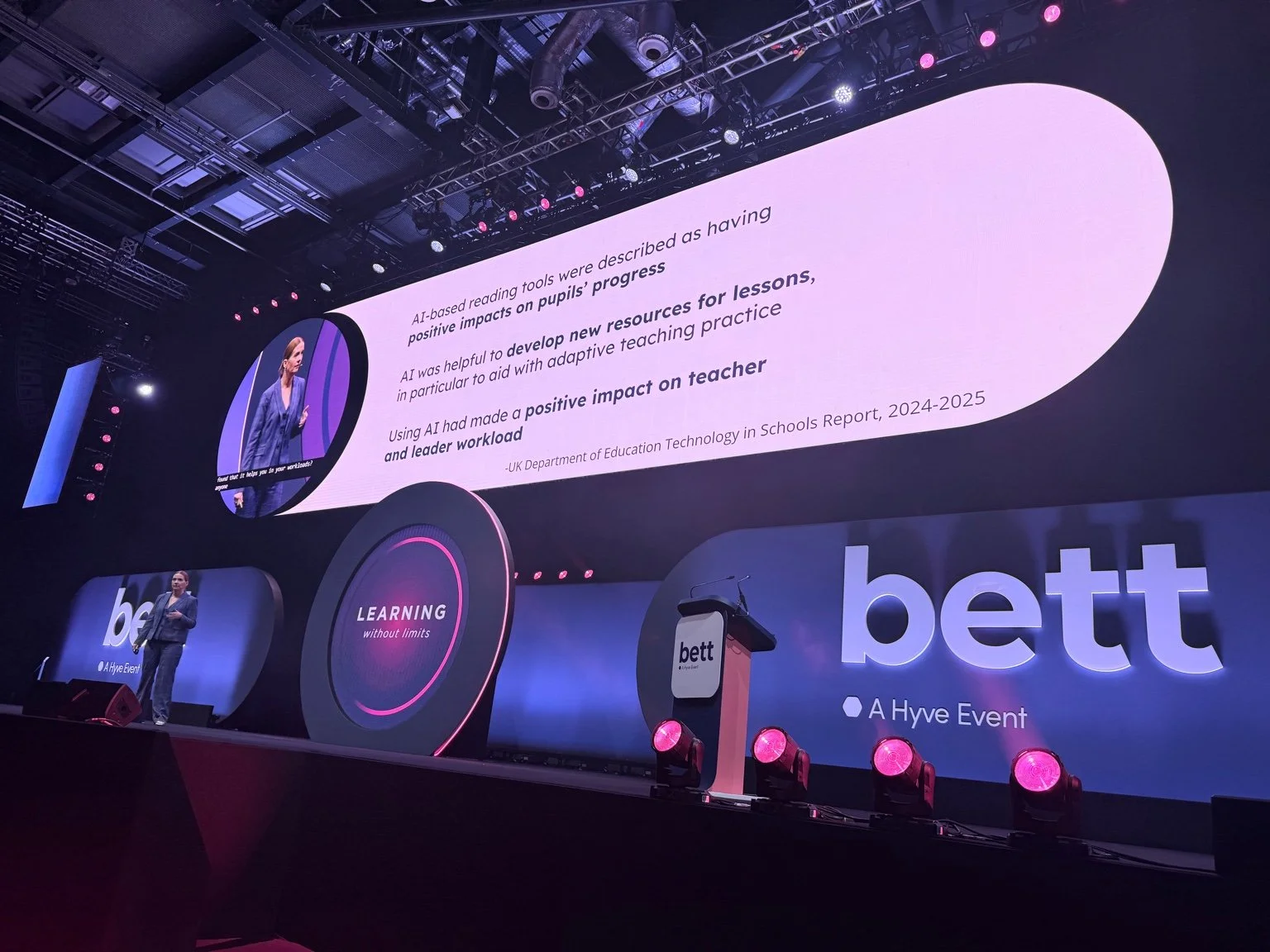Chegg CEO Nathan Schultz steps down as company restructures and refocuses on skilling market
Chegg has announced a major restructuring and leadership change as it transitions toward AI-driven academic services and workforce upskilling.
Chegg, a Santa Clara-based learning platform providing academic support, language learning, and upskilling tools, has announced a leadership change and company-wide restructuring.
Nathan Schultz, who has served as Chief Executive Officer since 2023, is stepping down and will take on a new role as Executive Advisor to CEO Dan Rosensweig and the Board of Directors.
The announcement was shared in a LinkedIn post by Schultz and confirmed in a company statement. He says, “After 18 years of building, scaling, and transforming Chegg Inc., I've made the decision to step back from the CEO role and transition to Executive Advisor to Dan Rosensweig and the Board.
“This wasn't an easy choice, but it's the right one for Chegg’s next chapter.”
Restructuring to support growth in skilling market
The company will remain a standalone public organization following a year-long strategic review led by Goldman Sachs. The review considered options including acquisition and privatization before the Board concluded that staying independent would provide the best opportunity for long-term growth.
Chegg will now restructure its operations to focus on AI-powered academic support and professional upskilling. The plan includes a 45 percent reduction in global roles, equivalent to 388 positions, and an expected reduction in non-GAAP expenses of up to $110 million by 2026.
Executive Chairman Dan Rosensweig, who will return as CEO on October 27, says, “Nathan’s impact on Chegg, education and me personally has been immeasurable. Nathan has helped Chegg transform from a textbook rental business into a global learning platform driven by AI.”
AI and enterprise strategy
Chegg says its strategic focus will now center on enterprise growth in its Busuu and Chegg Skills divisions. The company expects these businesses to generate $70 million in revenue in 2025, with double-digit growth forecast for 2026.
“While our restructurings were challenging on many levels, they were effective, reducing expenses by more than $250M and positioning Chegg for multiple pathways to growth,” Schultz says.
He adds that Chegg’s next phase will focus on enterprise and workplace learning. “Chegg's future requires doubling down on enterprise sales motions in our fast-growing Busuu and Skills markets. While I’m proud of building these businesses with the team, my passion has always been in direct-to-consumer innovation.”
Chegg says it will continue to deliver AI-enhanced academic services, including Chegg Study, which now integrates AI-generated answers alongside 120 million archived solutions. The company remains focused on expanding its presence in the $40 billion skilling market.
Reflecting on his time at the company, Schultz says, “Through every challenge, this team has stayed focused on our mission: helping learners succeed. Together, we’ve democratized access to education, made college more affordable, and helped students worldwide build better futures.”
























